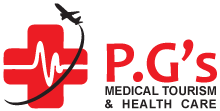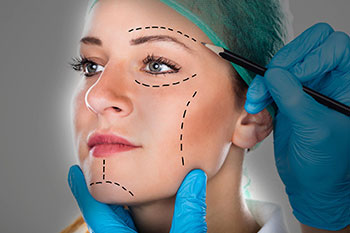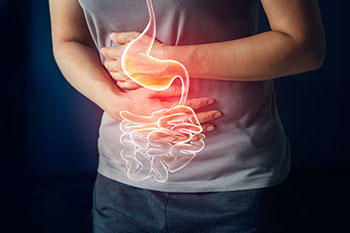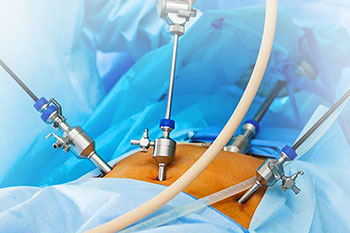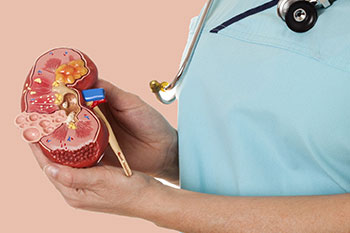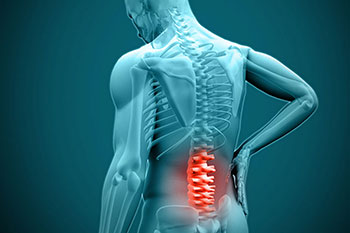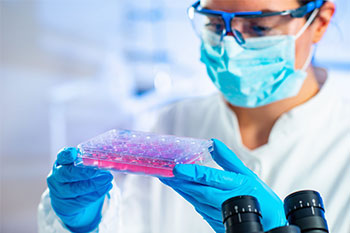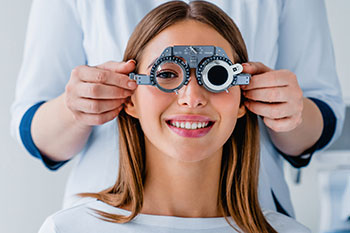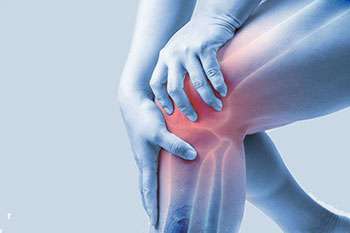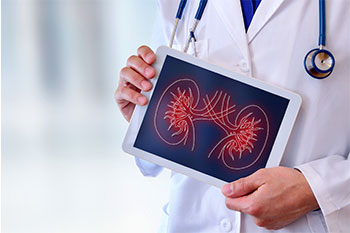Cardiology
It is a branch of medicine that has expertise in diagnosing and treating diseases of the heart, blood vessels, and circulatory system. It deals with the diagnosis and treatment of diseases such as congenital heart defects, coronary artery disease, electrophysiology, heart failure and valvular heart disease.
What is a Cardiologist?
A Cardiologist is a medical specialist who specializes in the diagnosis and treatment of diseases associated with heart and blood vessels – the cardiovascular system. The cardiologist does tests, and then they proceed with some procedures like heart catheterizations, angioplasty, or inserting a pacemaker as per requirements. Some symptoms that indicate that you must visit a cardiologist are shortness of breath, dizziness, chest pains, changes in heart rate or rhythm, and high blood pressure.
When to see a Cardiologist
If you have a problem with your heart or blood vessels that needs extra care or if you’re feeling pain in your chest, dizziness or shortness of breath, you may need to see a cardiologist. Your cardiologist may continue to work with you for a long time to monitor your condition.
Conditions Treated By a Cardiologist
Cardiologists diagnose, treat and prevent various cardiovascular problems. Here are some of the more common conditions that cardiologists treat:
- Atherosclerosis.
- High blood pressure.
- High cholesterol.
- Angina (chest pain).
- Sudden cardiac arrest.
- Heart failure.
- Heart attack.
- Blood clots.
The latest Technologies used for Cardiologist Surgery are
Personalized heart models to aid surgery
Scientists have developed 3D-printed models of the heart from MRI scans of children born with heart defects (congenital heart diseases). These models help doctors better explain the nature of the heart disorder to patients and their families. Scientists are also working to produce computer simulations, to help a surgeon plan surgery for such children. This personalized approach in cardiac care will help surgeons to decide the best treatment for their patients.
Medicine skin patch to improve stroke survival
Researchers is testing whether a patch that releases glyceryl trinitrate to dilate blood vessels, lower blood pressure, and reduce stroke damage can improve patient outcomes. Doing so means saving important time and potentially aiding recovery. If the trial is positive and the patch is safe and improves outcomes after stroke then it can be used by paramedics in ambulances and where conventional treatment facilities are not available.
Injectable heart-rhythm monitors for heart failure patients
Many people with heart failure suffer from abnormal heart rhythms that are too fast, too slow, or irregular. ECG recordings, which are typically used to assess heart rhythm, provide only a quick snapshot. Researchers want to track heart rhythms over a long period of time to better understand the impact on these patients’ health. Researchers are testing an injectable cardiac monitor. These are small devices implanted under the skin to record heart rhythms.
Nanomaterials to lower cholesterol
Scientists are investigating the use of nanomaterials to deliver cholesterol-lowering drugs precisely where they are needed most. These incredibly small molecules transport drugs to specific sites throughout the body and biodegrade once the drug payload is delivered. If successful, these nanomaterials could offer new treatments for people with high cholesterol who cannot tolerate current treatments such as statins.
Artificial intelligence and Machine Learning to interpret heart scans
Researchers are training artificial intelligence systems to interpret cardiac scans and detect early signs of heart failure so patients can receive timely treatment. AI analyzes complex videos of the heart, showing great potential to bridge the gap between the latest advances in computing technology and improving patient outcomes.
Get In Touch
Let’s connect and find better solution for your medical care
